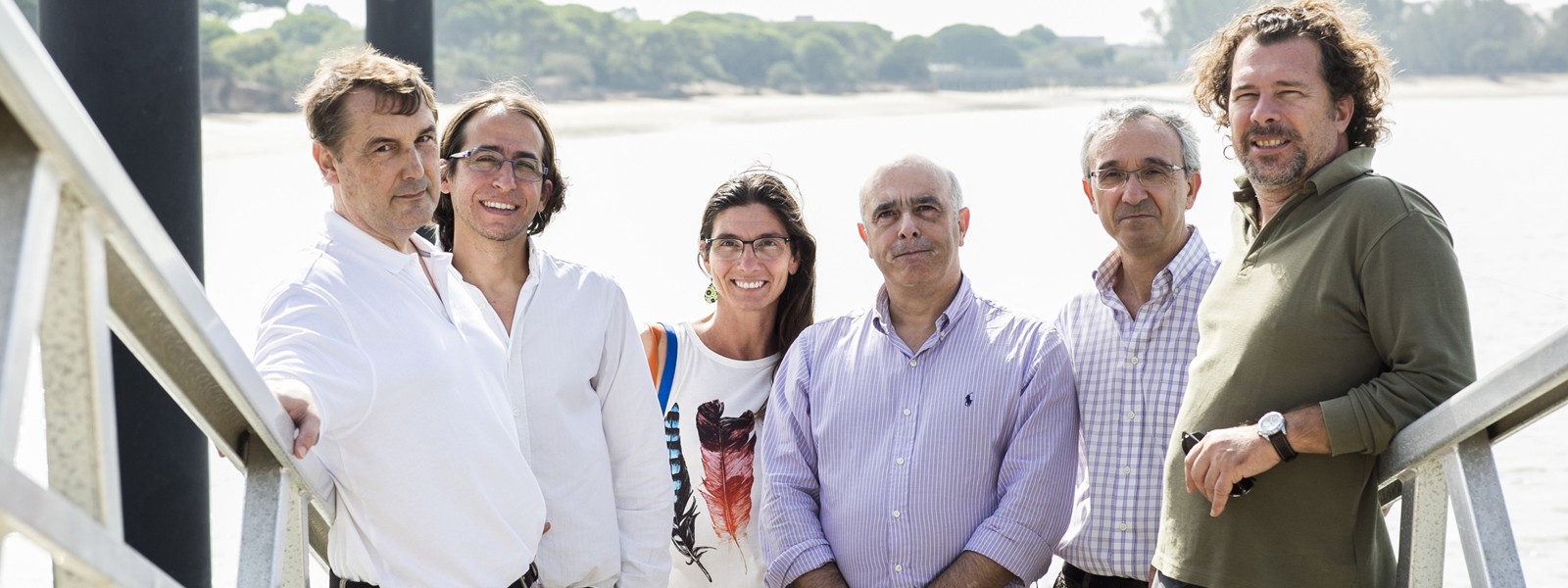DIRECTOR
MORE
Andrés Cózar CabañasRESEARCH TEAM
Fidel Echevarría Navas; Juan Ignacio González Gordillo; José Ángel Gálvez Lorente; Enrique Montero Montero; Carlos García Jiménez, Ana Bartual Magro, University of Cádiz; Erik van Sebille, Imperial College London.
COLLABORATING INSTITUTIONS
DESCRIPTION
The accumulation of plastic waste in our seas and oceans is a cause of considerable social concern. We hear continuous reports of damage to marine organisms, from invertebrates to large cetaceans, while scientific evidence has confirmed the global scale of this form of pollution. There is also considerable uncertainty about its effects at the ecosystem level and even on human health.
Our efforts to combat plastic pollution have so far proved fruitless, and the steady increase in global plastic production suggests that this is an intractable problem that will have large-scale repercussions. However, the historical series available in water and seabirds’ stomachs do not show a clear upward trend in pollution in recent years, a finding still to be examined in depth by the scientific community. In fact, there are major question marks over both the historical evolution of plastic pollution and the real effectiveness of steps taken to reduce the production of plastic waste and improve its management.
The project aims to assess the level of plastic pollution in the global ocean from 1950 to the present day, and forecast its evolution in the next ten years under diverse consumption and management scenarios. We will test the hypothesis that improvements in garbage management have successfully slowed the advance of marine pollution due to plastic, despite the increase in its consumption.
The results of the project will offer a comprehensive picture of how internationally applied management measures have affected the amount of garbage flowing into the ocean, identifying the most efficient ways to mitigate or solve the grave problem of global plastic pollution.

